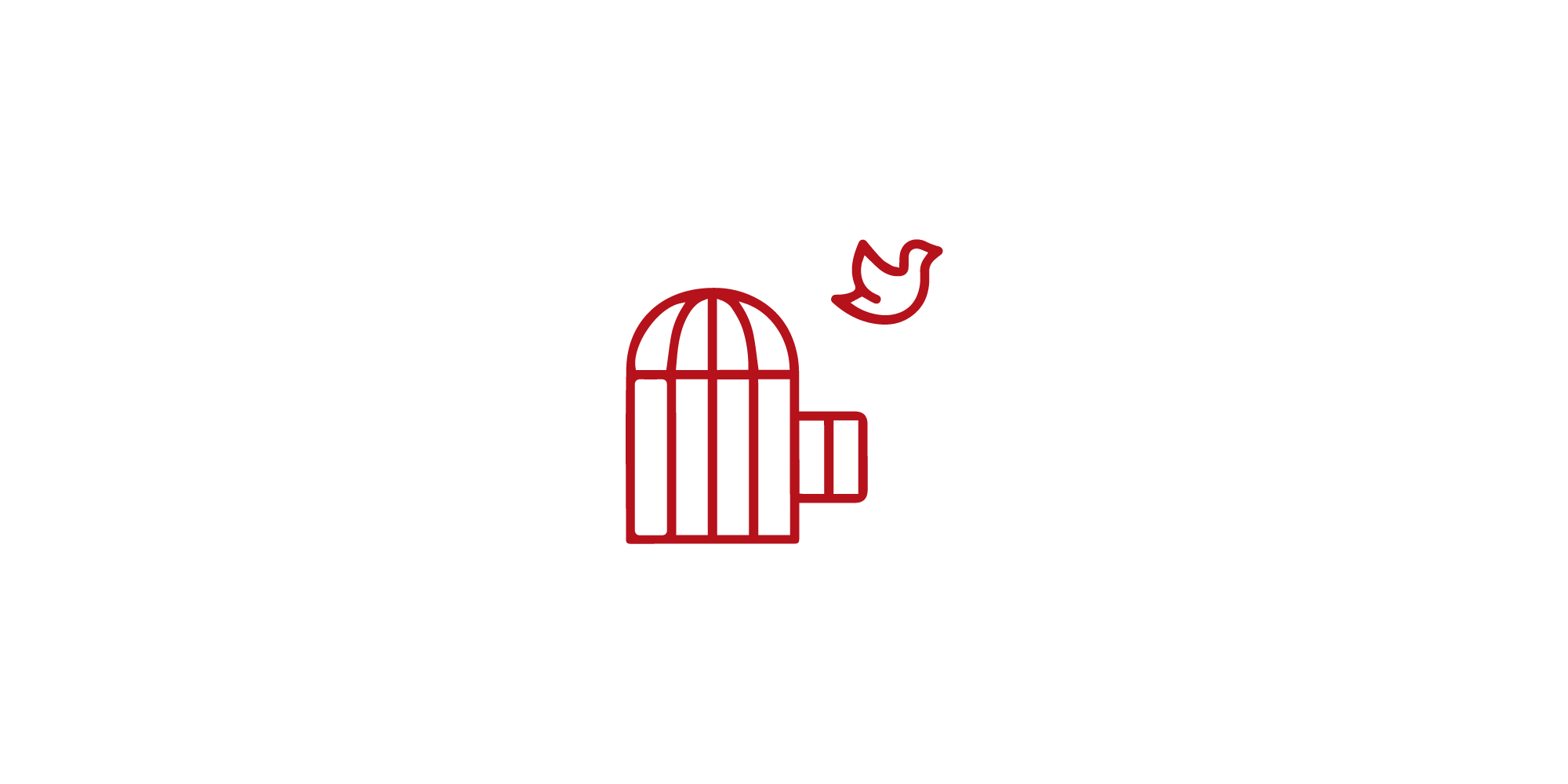Letter to Clients: 1st Quarter 2011
Dear Clients and Friends,
The end of 2010 brought with it several changes at DV Financial. As if the uncertainty in the tax code which Congress did not address until the 11th hour paired with an incredible December rally in the stock market was not enough to keep us busy, we also welcomed Sue Cowden to our staff. Sue joined us mid quarter and has assumed the duties formerly performed by Kenzie. Both Matt and I enjoy her enthusiasm, positive outlook, and appreciate her "client first" attitude. We think she is a great addition to the DV Financial team and hope you do as well.
The transition from Ameritas Investment Corp. to Broker Dealer Financial Services continues to be a work in progress, but I believe we are finally through most of it. For those of you who have not yet completed the process, we will still be working on this still for some time to come. But when needed, we are able to accelerate the process so you will never be without the great service we strive to provide.
Sir Winston Churchill has been credited with the quote "The pessimist sees difficulty in every opportunity. The optimist sees opportunity in every difficulty." In 2010 we saw widespread fear and intense pessimism. Many investors felt overwhelmed by problems in the United States led by high unemployment, government deficits, depressed housing prices, and political gridlock. Look to Europe and the rest of the world and you have many of the same challenges, compounded by banking problems in countries like Greece and Ireland with others such as Spain and Italy rumored to follow. Yet the U.S. stock market was up 12.78% in 2010. Worldwide markets grew by 15.33% led by Sri Lanka with 96.01% growth.
Clearly there are substantial issues that have to be worked through. That said, a key concern is that the positive, optimistic, can-do mindset that has fueled so much of the growth and success of the United States is being mired down in pessimism.
What is important to remember is that throughout history, people have regularly overcome problems of similar and larger magnitude. This is one of the themes of a thought-provoking new book by well-known science writer Matt Ridley, The Rational Optimist: How Prosperity Evolves. In it, Ridley makes the case for optimism about that future. Bill Gates reviewed that book in the Wall Street Journal, pointing out that Ridley documents constant predictions of a bleak future throughout human history.
Reverend Thomas Malthus, a contemporary of Adam Smith in the late 1700's, wrote that an increasing population would arrest advances in the quality of life. In the 1960's you had Paul Erlich's bestselling book The Population Bomb; in 1972 The Limits to Growth was published by the Club of Rome. Both these books posited that an increasing population and finite resources would cap our ability to grow. More recently, many will remember the end-of-the-world scenarios around Y2K computer shutdowns.
It's not that these weren't real issues. The point is that they were blown out of proportion. As Bill Gates wrote, "Despite them, our lives have improved dramatically in terms of lifespan, nutrition, literacy, wealth, and almost any other measure you'd care to name."
There are at least two reasons to be optimistic for the mid-term. These are the role of innovation and some of the incredibly positive things that are happening in emerging economies in Asia, Latin America, Eastern Europe, and even Africa.
With regard to innovation, in his review of Ridley's book, Bill Gates wrote:
"Pessimism is so often wrong because people assume a world where there is no change or innovation. They simply extrapolate from what is going on today, failing to recognize the new developments and insights that might alter current trends."
Today we're continuing to see record spending on innovation around the world. Countries like China and India are making massive investments in research and development. In fact, this year China is expected to trail only the U.S. in the number of patents filed. Truly remarkable when you consider that 20 years ago it had no history of protecting intellectual property.
The other big positive is what's happening in these emerging economies. People who return from China and India talk about the drive, energy, and ambition they saw. There is a new middle class that wants a better life and a whole new generation of incredibly talented young people who are getting educated, applying a strong work ethic, and making a huge impact as a result. The "American Dream" has spread far beyond our borders.
While there is cause for positive outlook, these countries are facing challenges of their own. There is a big difference between being a rational optimist and a blind optimist. Emerging economies have huge infrastructure issues to manage. There are big disparities between incomes in cities and rural areas that cause tension. In some cases, there are mini real estate and housing bubbles. But the key is there is no reason to believe that these challenges will not be resolved.
Thinking back to Winston Churchill's comment about optimists and pessimists, when pessimists read about China, India, and other developing countries they conclude that they're going to achieve growth at the expense of western countries and that all those super-bright, super-ambitious youth are going to eat our lunch. But it does not have to play out that way. Many western companies are well positioned to capitalize on the growing middle class. More and more, the key to success for western companies is operating globally. Western consumers and governments may be stretched financially, but our companies have record levels of cash and are in good shape.
The argument that these emerging economies are going to win at our expense assumes that the size of the wealth pie we are dividing up is fixed. It's not. Through trade and globalization, the emerging markets are going to dramatically increase the amount of wealth around the world. It also assumes that western economies and companies will not adapt. Economist Joseph Shumpter wrote about creative destruction: the process of innovation in open markets destroying old business models and jobs – and replacing them with new ones.
This is the essence of how open markets work. It's messy and very painful if you are caught in the middle, but in spite of that it's still the best model for running an economy. Simply ask yourself if we would be better off if China and India were closed, centrally run economies like they were in the 1980's. It is simply impossible to make that case.
This perspective is directly applicable to your investment portfolio but we need to walk the fine line between succumbing to dire pessimism on one hand and blind optimism on the other. This will not necessarily pay off in the next six or even twelve months, but history tells us that we'll ultimately be very well rewarded for investing in the companies well positioned to the future.
I thank you for the trust you have placed in me. Together we have navigated through some of the most challenging financial circumstances of our generation. While there is no reason to believe the markets will not continue to gyrate, I am confident in my tools and ability to tailor a program to your needs and goals.

















